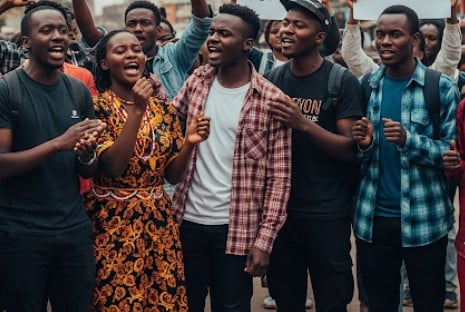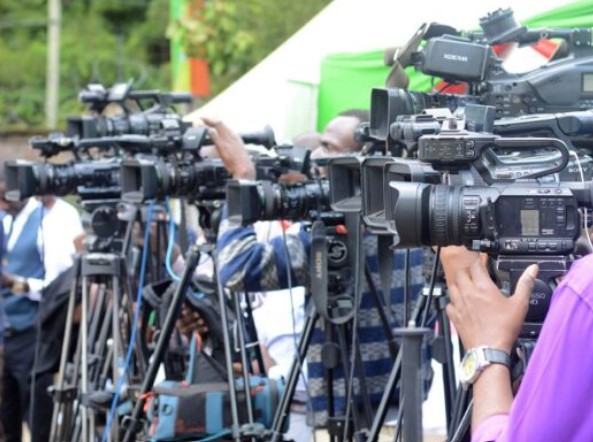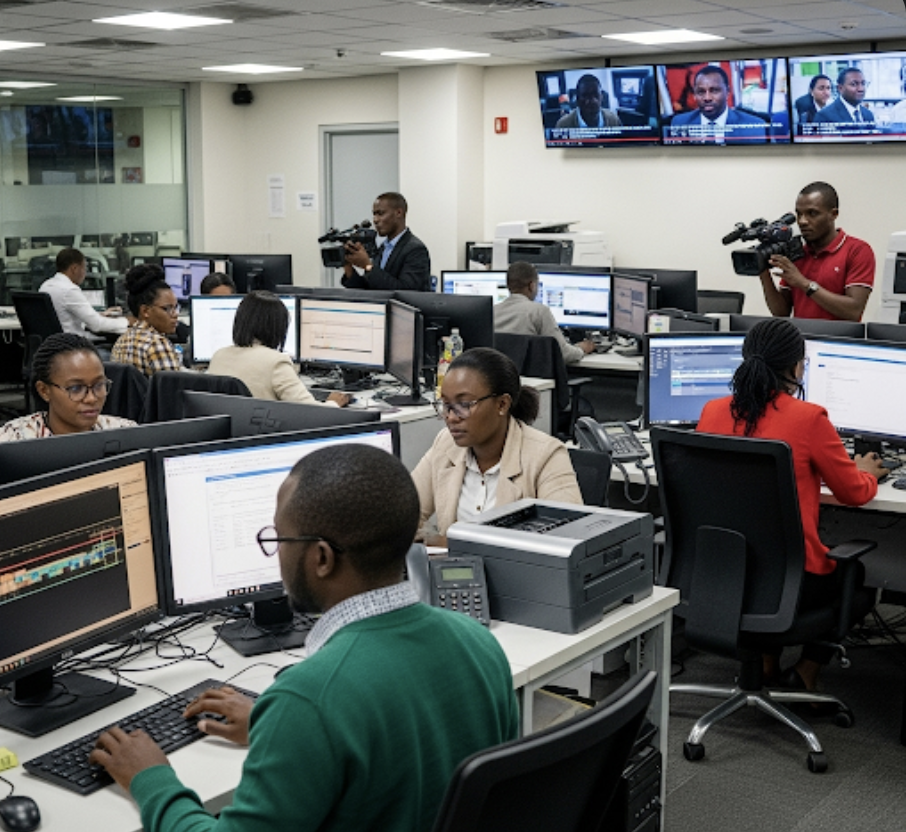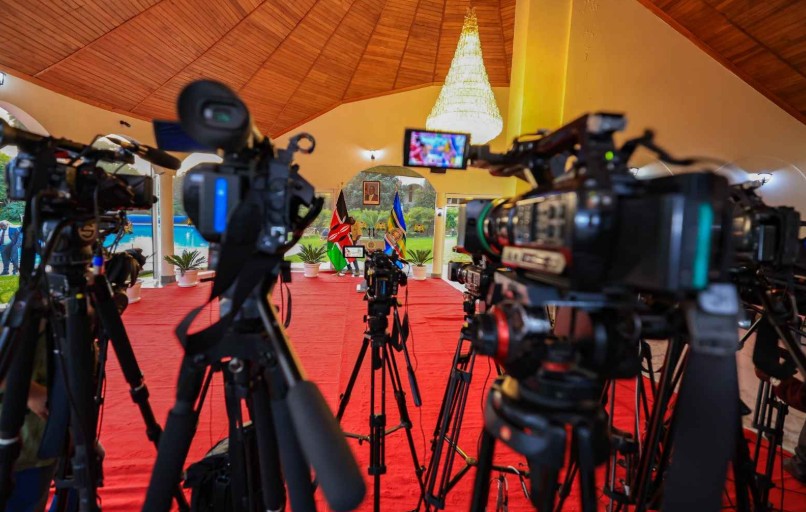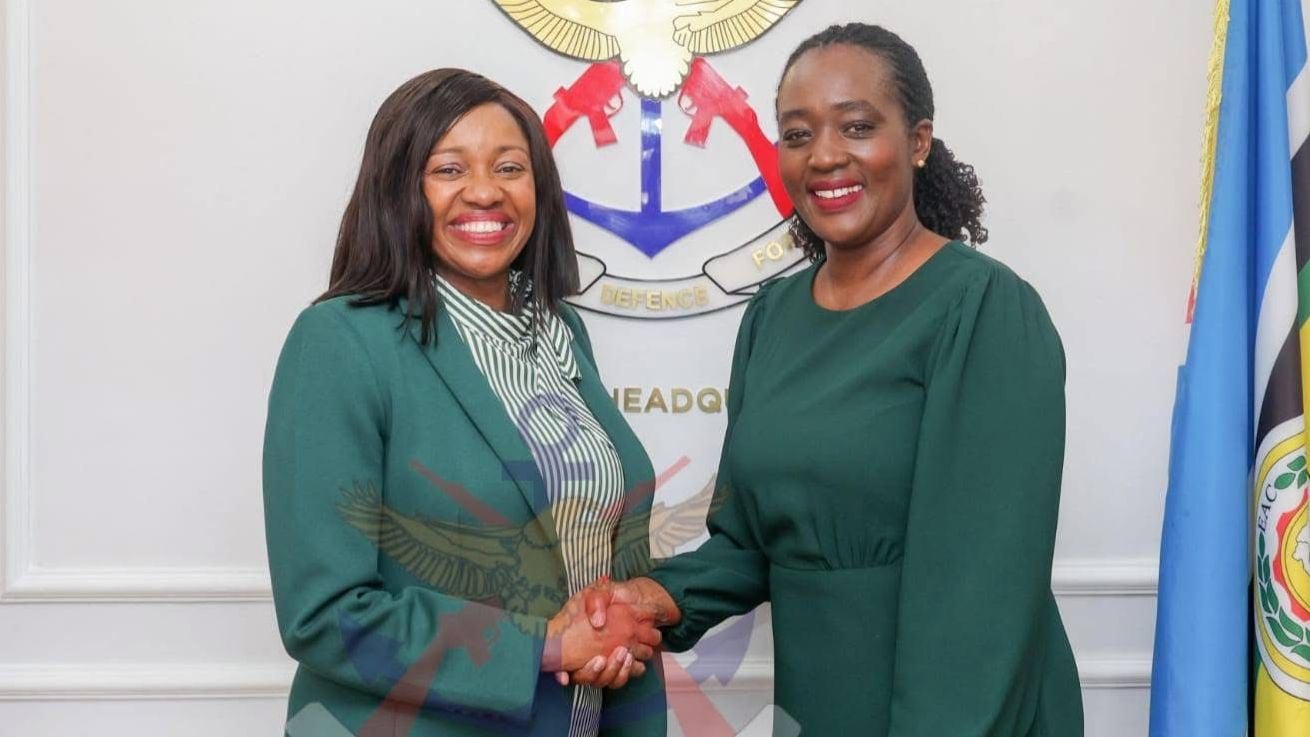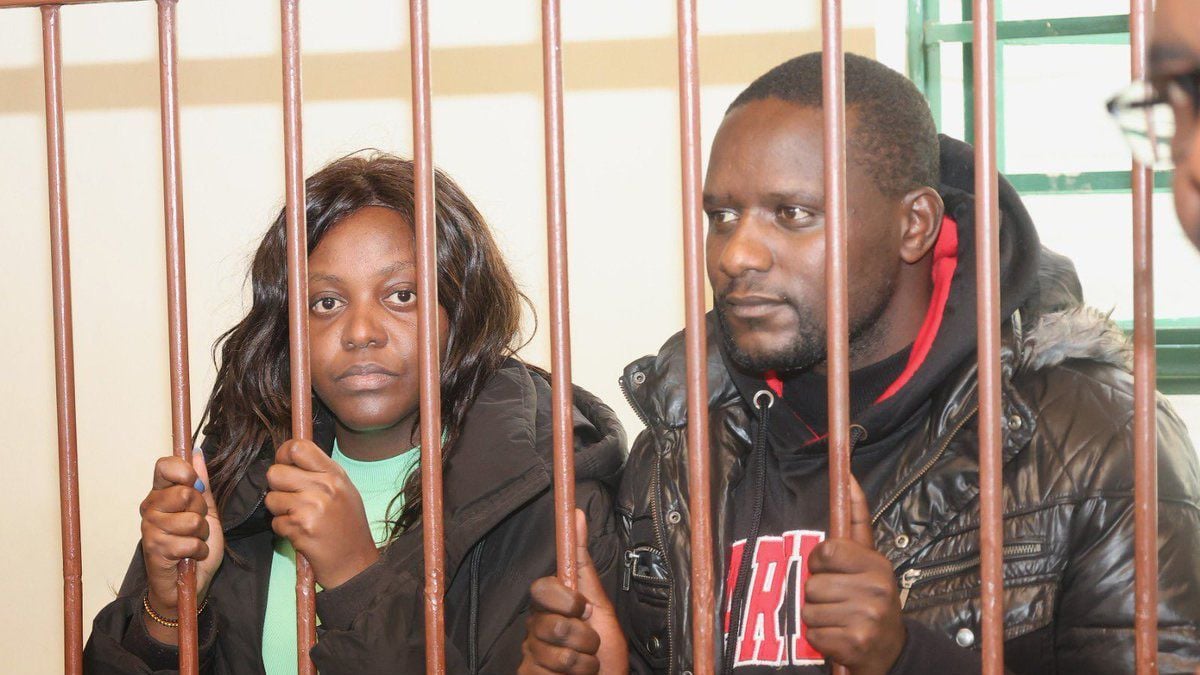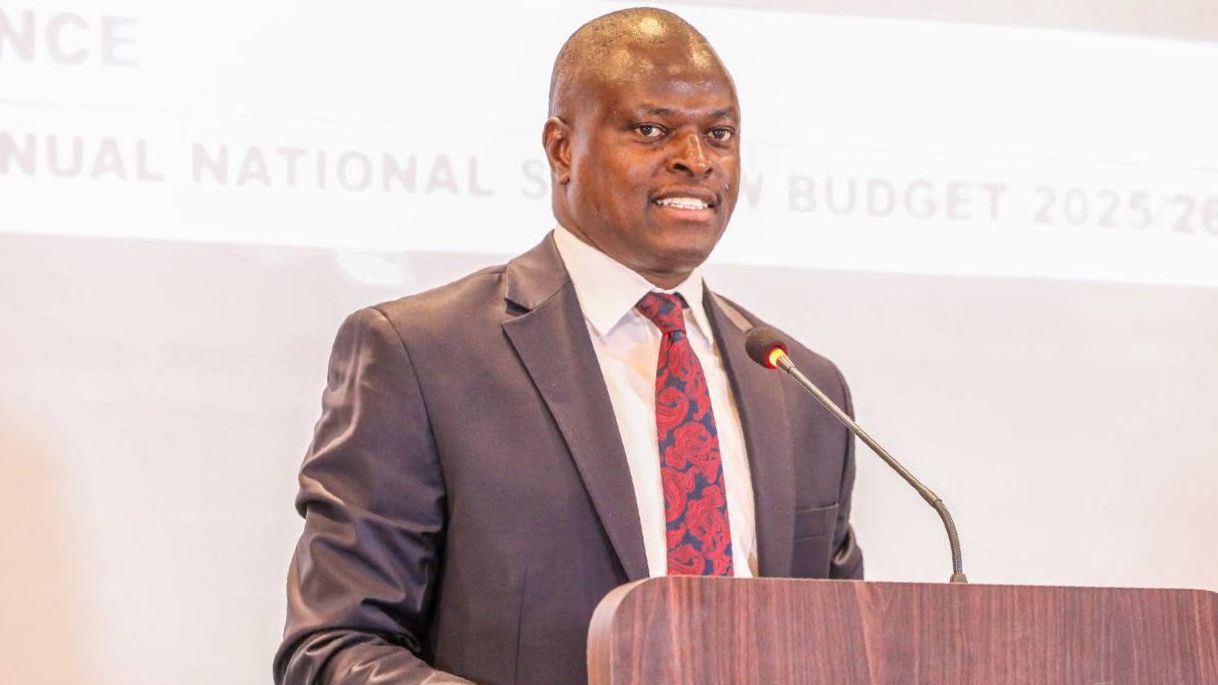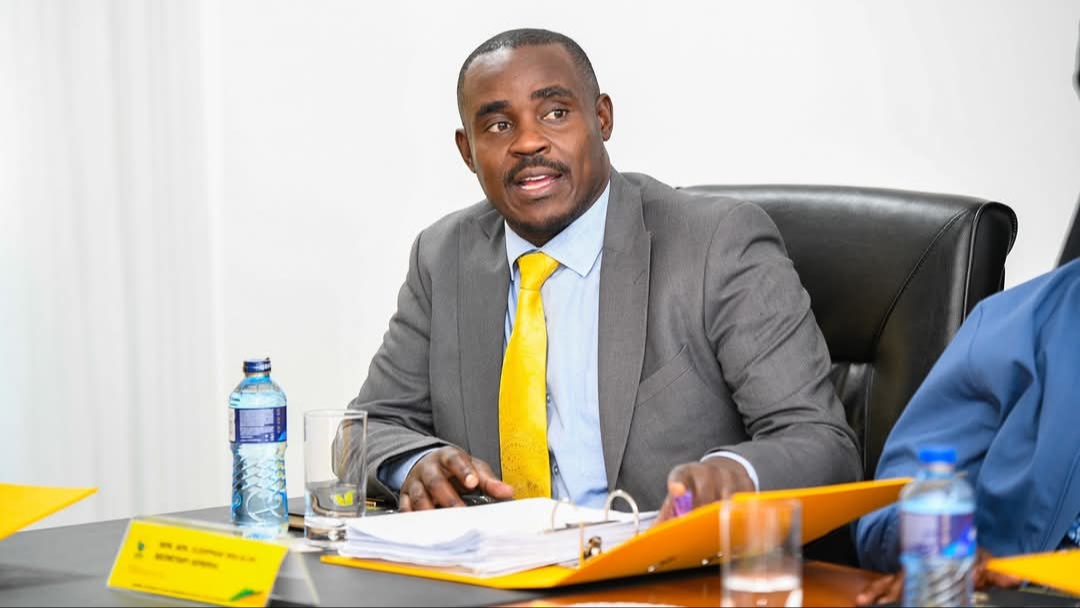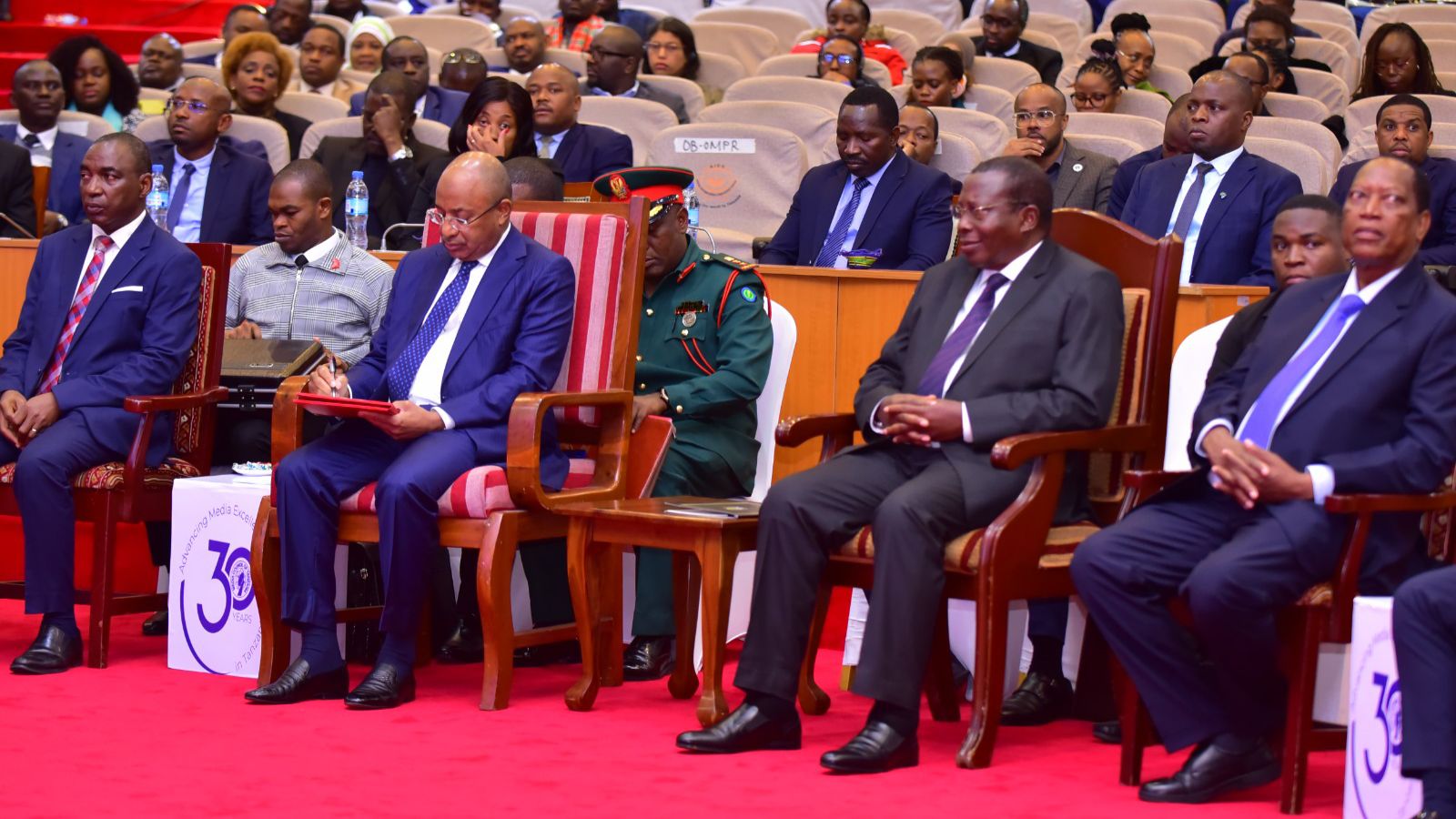By Victor Bwire
The politics of the 2027 general election are already with us, intense, tension-filled, and marked by misinformation, manipulation, and rising intolerance. This election season is shaping up to be characterized by extreme political rhetoric, insults, misuse of state power, and, most alarmingly, threats to freedom of expression, particularly targeting social media platforms.
While Tanzania heads to the polls in 2025 and Uganda in 2026, the hype and intensity surrounding Kenya’s 2027 election are already unmatched. This political climate is impacting national development and undermining the potential for leveraging global opportunities that require a stable and rational environment.
The Office of the Registrar of Political Parties and its portal are currently hives of activity. Individuals are registering political parties, some mere "kiosks" for rent-seeking, while shifting political alliances have left legislative and oversight roles in limbo, especially at the county level, where real and imagined impeachments, often marred by financial influence, have become commonplace.
This seems set to be a "do-or-die" election, not necessarily for the citizens, but for politicians whose stakes are extraordinarily high. We are already witnessing dangerous ethnic mobilization. This is not new, but it appears more lethal. It would be wise to factor this reality into our social, cultural, and economic planning. In Kenya, political implications often override reason and ideology whenever decisions appear to carry political costs.
Read More
The media and practitioners must remain alert and prepare thoroughly. There are clear indications of growing hostility toward the media and the erosion of free speech, fueled by the shrinking civic space.
As we struggle to implement the national development agenda under a broad-based government, it's becoming evident that 2025 to 2027 could be wasted years. Political interests are overtaking development priorities. With limited civic education for voters, it might be more realistic to accept our political environment and instead focus on strengthening political parties and expanding voter education, rather than hoping to wish away the 2027 elections.
Politics plays a fundamental role in democracy and governance. We must acknowledge this reality and integrate national values and development goals into our political discourse, for the good of the country.
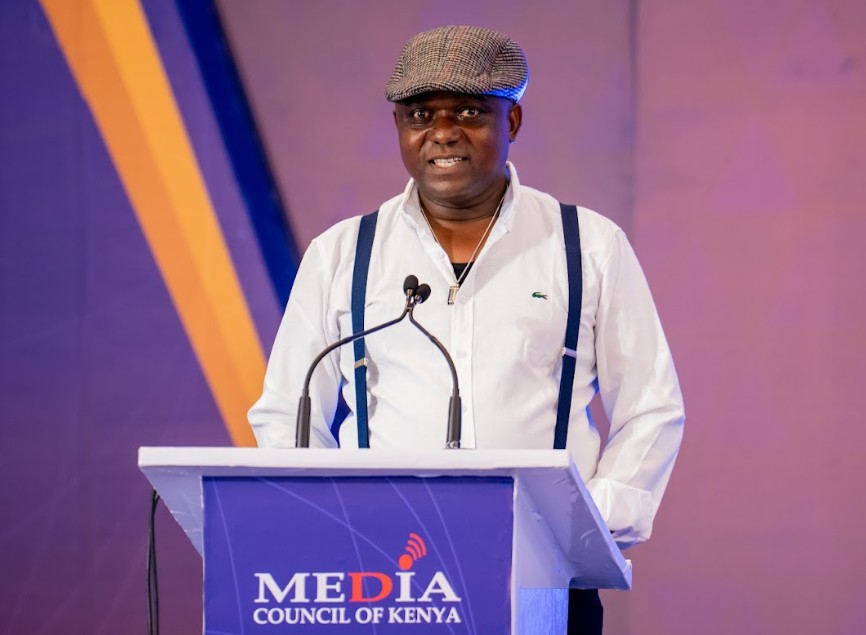
A nation edges toward anarchy when citizens adopt extreme positions on national issues and lose patience, direction, and decorum. This is already manifesting in the toxic, dangerous language being spread online and through some media outlets. Unfortunately, responsible institutions, both state and non-state, seem to be sitting on the fence, waiting for disaster before acting or writing reports.
The inflammatory speech and extreme positions posted online, often by individuals who are neither journalists nor part of traditional media, warrant serious analysis. Are we truly at peace, or is it a deceptive calm? While the absence of physical violence is welcome, the online environment tells a troubling story.
One key lesson from the current situation is that tribalism is not just a problem of the uneducated masses. It is an elite issue. Political and religious elites, who have access to and can influence online spaces, are some of the worst offenders. Their venom stems from frustration over access to resources, opportunities, and jobs. People are angry over traffic, blackouts, and poor service delivery, and they direct their rage at those from outside their ethnic or social groups who are in positions of authority.
This toxic online discourse is often framed as freedom of expression, but in truth, it’s elite-driven tribalism rooted in economic competition and exclusion.
Given this, freedom of expression and human rights groups must engage proactively. There’s a need to re-examine laws such as the proposed KICA 2025 Bill, the Computer Misuse and Cybercrime Act, and sections of the Penal Code:
- Section 66(1) on alarming publications criminalizes false reports that cause fear or disturb peace.
- Section 51 on prohibited publications allows the Minister to ban content deemed a threat to public order, health, or security.
- The Official Secrets Act criminalizes sharing sensitive information that could be useful to foreign powers or hostile entities.
These laws have implications for media freedom and expression. The Kenya Media Sector Working Group must take an active role in preparing and protecting the media space in this volatile environment.
Equally important, media practitioners should familiarize themselves with the revised Code of Conduct for the Practice of Journalism in Kenya, as administered by the Media Council of Kenya. The Code emphasizes the importance of avoiding content that glorifies violence, criminality, or ethnic, racial, and religious hostility.
Other relevant areas include:
- Coverage of conflict and hate speech
- Ethical use of photos and names
- Respect for grief and shock
- Accountability and integrity in reporting
- The editor's role in upholding journalistic standards
This is a defining moment. Kenya must choose between toxic polarization and a political environment grounded in values, development, and national unity. The media, civil society, and thought leaders must play a proactive role in steering the country toward the latter.
Mr Victor Bwire is the Head of Media Development and Strategy at the Media Council of Kenya.
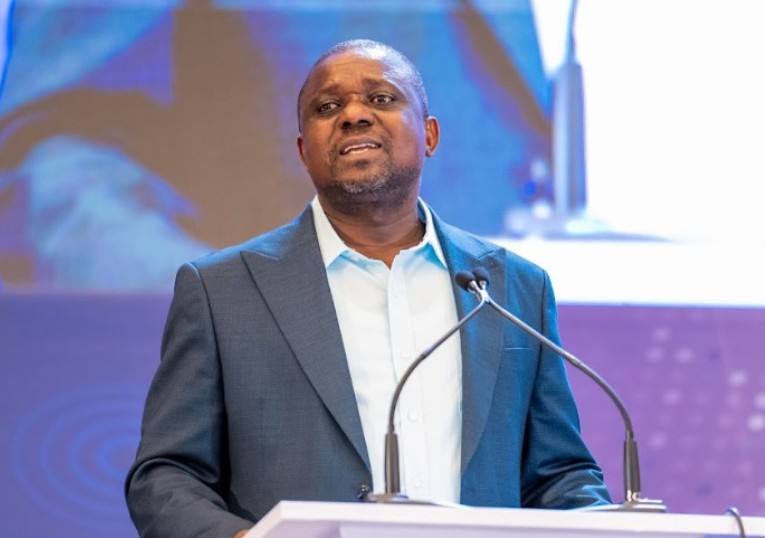
-1721982952-1752255451.jpg)
